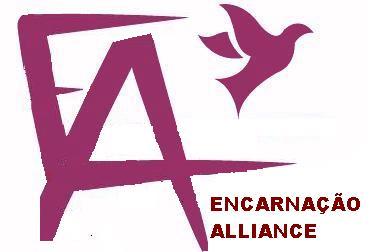|
Encarnação Alliance Training Commission Background (Development of the "Training Commission" goals of the Encarnação Alliance as discussed and refined since the July, 2004 Consultation in Bangkok) The Encarnação Alliance Consultation in Bangkok in July, 2004 sensed the Lord speaking that the slums of Asia, Africa and South America needed a mobilisation of 50,000 cross-cultural new workers to meet the need of deepening poverty, growing migrant populations from rural contexts, and the responsiveness of the urban poor. These would be the catalysts of multiple indigenous movements in each city. New urban poor holistic church planting movements that would be deeply involved in the spiritual, social and economic transformation of communities would result in communities of believers. These movements can be catalyzed by those who live an incarnation lifestyle among the urban poor. The fastest growing of these movements are largely Pentecostal in nature and flourish where healing and deliverance are normal aspects of church life. However they also need to integrate social, economic and justice issues into the missional understanding of holism. The Encarnação Alliance Consultation in Sao Paulo in 2002 had concluded that collectively we should develop our own training processes for urban poor workers. The delegates at the July, 2004 Consultation in Bangkok identified three levels of training and equipping needed in urban poor ministry. Grassroots training utilising story-telling models of learning to build teams to minister among the urban poor. This has been developed around 12 modules, covering 40 topics. The modules include:
A Graduate Degree in Transformational Urban LeadershipCandidates can be either:
Program outcomes
Praxis-based: This Graduate Degree program will need exposure to 4-20 months cross- cultural urban poor incarnational living as part of an experienced team under close supervision and mentoring. This praxis should be placed between year one and year two in the program. Outcome Oriented: The Alliance members see this stage of the candidate development program as equipping those who could become future citywide movement leaders catalysing church planting movements across a city by mobilising existing teams through multiplication into new areas not yet reached. |

